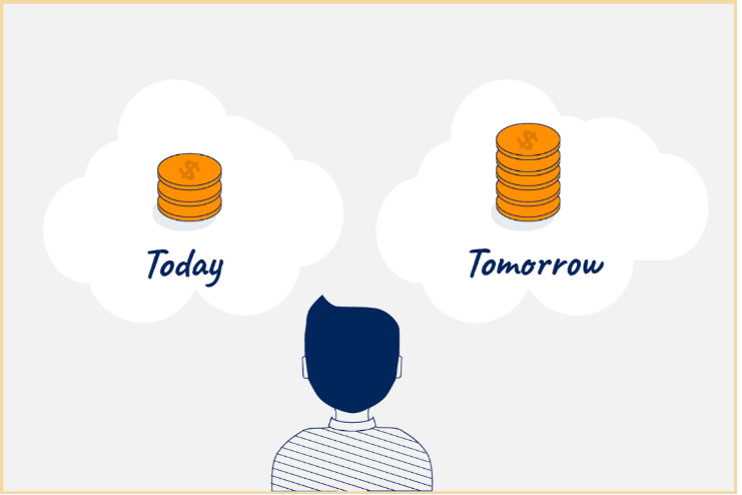3 key problems behavioural science can help your business solve
Knowing when to use behavioural science is not always easy. This article summarises three prime opportunities for your organisation.

Research has found that companies that apply the principles of behavioural science outperform peers by 85% in sales growth.
However, knowing when behavioural science is most effectively deployed is not always easy.
This short article summarises three prime opportunities for your organisation to use behavioural science.
These all relate to customer behaviour challenges which are either:
1. Business critical
2. Complex or longstanding
3. Expensive to research
Let’s get started…
1. Customer behaviour challenges which are business critical
Are your organisation’s – or are your clients’ organisations’ – sales down?
Is customer churn up?
With behavioural science being the study of “how people make decisions and act on them” (Barack Obama, 2015) it is obvious it can help with these types of challenge.
In short, if your organisation (or client) is in the business of getting customers to do any of the following, you should consider behavioural science:
· START a new behaviour – e.g. start using your products or services
· INCREASE frequency of an existing behaviour – e.g. use your products more often than now
· REDUCE frequency of an existing behaviour – e.g. reduce customer use of competitor products

2. Customer behaviour challenges which are complex or longstanding
The second challenge behavioural science can help with this is unpicking complex or longstanding customer behaviour challenges.
In particular, a behavioural science “lens” can provide a fresh perspective, helping you to understand a problem – and develop a solution – from a different angle.
Take for example pension saving in the UK. Due in no small part to psychological factors including present bias people have for a long time not been saving nearly as much as they need to for a comfortable retirement.
However, after the failure to move the dial of a plethora of approaches aimed at persuading the public of the importance of saving, the UK government in 2012 took a different, behavioural science-informed approach: automatic enrolment.
In summary, rather than trying to persuade people to enrol, the government automatically enrolled people.
By capitalising on our general behavioural tendency to “go with the flow”, the following key impacts were achieved:
· The proportion of eligible staff saving into a workplace pension increased from 55% in 2012 to 87% in 2018
· The total annual amount saved increased from £16.8bn in 2012 to £90.4bn in 2018

3. Customer behaviour challenges which are expensive to research
Finally, behavioural science solutions are not only for those with deep pockets (this is one of the reasons why they have been so popular with governments…).
So, perhaps your organisation (or client):
· Has small research budgets?
· Has target audiences who are particularly expensive to research?
· Has many different, competing research priorities?
In any of these situations, behavioural science informed secondary research can be invaluable.
While outside sources (e.g. academic studies) can sometimes help throw a light on solutions to your customer behaviour challenges, re-examining past primary research can be especially useful.
In particular, re-examining past qualitative and quantitative research through recognised models like COM-B can help you unearth important, previously missed insights – and at a fraction of the price of doing new primary research.
If you’d like to learn more about this please check out the recording of one of our recent webinars.

Conclusion
Behavioural science can be invaluable in any – or all combined – of the situations above.
However, despite the success of schemes like automatic pension enrolment, behavioural science should not be seen as a “silver bullet” that can be applied without an expert’s advice (for a more nuanced analysis of the success of auto-enrolment see https://esomar.org/newsroom/why-enhanced-attitudes-and-knowledge-can-improve-long-term-outcomes-of-nudges).
Finally, if you’d like to learn more about the many key applications of behavioural science, we provide bespoke and off-the-shelf behavioural science training courses – as well as consultancy to help you embed behavioural science in your business.
Chris Harvey
Founder at Activate ResearchChris Harvey is the Founder of Activate Research. He is an expert in helping research agencies add complementary insights from behavioural science (and psychology more broadly) to their research offer, enabling end clients to better understand, predict and influence target audience behaviour. Chris has over 10 years’ experience in the research industry, working for agencies including Dunnhumby, GfK and YouGov, and in 2016 achieved a Distinction in MSc Behavioural Science.


